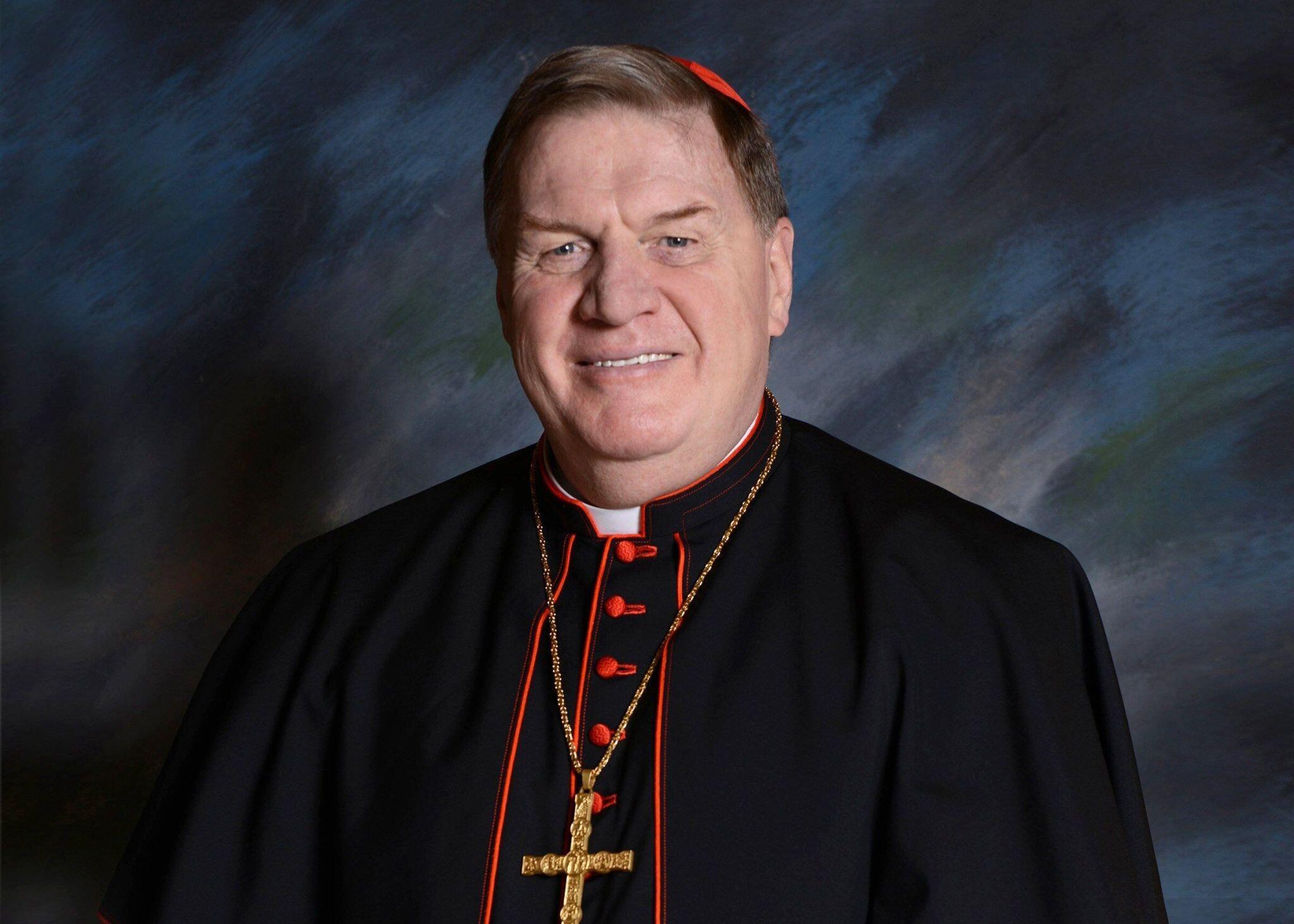Reflections on the 16th Synod of Bishops: Embracing Synodality and the Mission of the Church
My dear sisters and brothers in Christ,
For the past several weeks, I have been immersed in prayer, attentive listening and dialogue as part of the second and final session of the 16th General Assembly of the Synod of Bishops that is being held here in the Vatican. I am grateful to Pope Francis for the opportunity to represent the Archdiocese of Newark at this Spirit-filled gathering of participants from across the globe, and I am eager to share with you some of my thoughts and experiences.
Synods are as old as the Church herself, and they are among the most important ways we have to allow the Holy Spirit to guide the deliberations and actions of the Church’s leaders. As Pope Francis told us in his opening address (see below), the Synod’s composition “expresses a way of exercising the episcopal ministry consistent with the living Tradition of the Church and with the teaching of the Second Vatican Council.” The way the Synod is structured ensures that we who are co-responsible leaders in the Church pay careful attention to the People of God—through listening opportunities prior to our gathering in the Vatican and through inviting representatives of God’s people to gather alongside us and participate in our deliberations.
“Never can a Bishop, or any other Christian, think of himself ‘without others,’ Pope Francis insists. “Just as no one is saved alone, the proclamation of salvation needs everyone, and requires that everyone be heard.” The task of hearing everyone, and of being attentive the hopes and dreams, joys and frustrations, of all God’s people would be daunting, indeed, if it were not for the presence of the Holy Spirit who opens our minds and hearts and enables us to listen to the Word of God, and to each other, with humility and trust.
As established by Pope Saint Paul VI nearly 60 years ago (see below), each Synod of Bishops is organized into three parts: 1) the preparatory phase, in which the consultation of the People of God on the themes indicated by the pope takes place; 2) the celebratory phase, characterized by the gathering of Bishops; and 3) the implementation phase, in which the conclusions of the Synod, once approved by the pope, are accepted by the local churches and integrated into their pastoral life.
Continue reading Cardinal Joseph Tobin’s latest newsletter.



